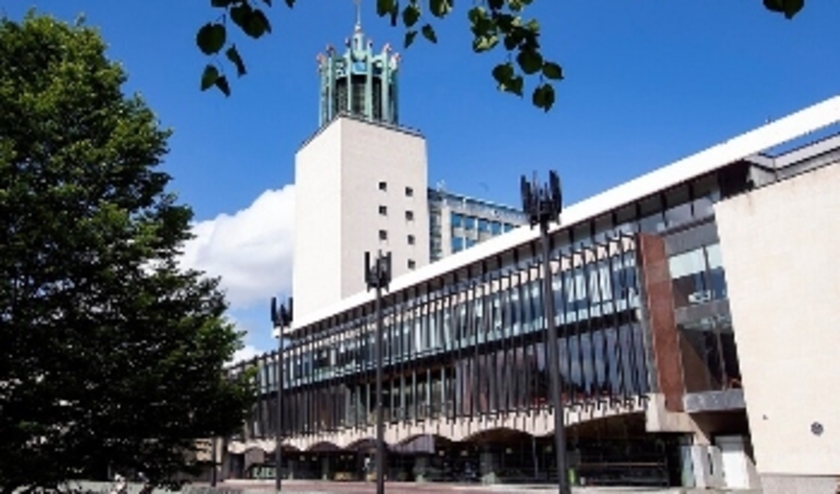While this week's Budget will not be known as ‘the Devolution Budget', it marked a quietly revolutionary moment for local power in this country, with significant positive benefits for devolved authorities across the North and further afield.
Contained within the Budget was what amounted to the largest transfer of powers and resources from London to local leaders in living memory. The new Government is continuing the work of its predecessors in accelerating the move towards more local control and this presents ample opportunities for the North going forward.
Once the bastion of old, heavy industry, the North has seen and will continue to see, great substantial change driven by an embrace of clean growth, innovation, the adoption of new technologies such as artificial intelligence, advanced robotics and biotechnology such as genetic editing
As a region, we have been bold in making the case consistently that the sheer geographic distance between the capital and our towns and cities was hindering investment and growth and widening the North-South divide.
The North has major academic and research-focused assets, as well as some of the largest private enterprises in the country. Devolution means that there's more opportunity for innovators and forward-thinkers to engage with those capable of delivering meaningful change.
The introduction of new integrated settlements for Mayoral Combined Authorities, beginning with Greater Manchester next year before expanding to the North East, South Yorkshire, West Yorkshire, and the Liverpool City Region by 2026-27, is the beginning of the end of the patchwork of devolution deals in the North.
These changes will provide northern leaders with the flexibility to better serve their regions by engaging with more people that live and work there who can best contribute to positive change. We have long been calling for simplified, multi-year funding pots, and as part of a reformed Local Government Finance Settlement we can make the most of that opportunity.
When all negotiated deals take effect, 90% of the North's population will live in a devolved area, including for a County Combined Authority in Lancashire. Embracing the opportunity that empowered devolution presents, will only help the North to fulfil its significant potential.
The North's challenges are often best addressed locally, allowing for targeted and well-timed interventions. As the North's regions embrace their new capabilities, we expect to see a major boost to our business environment, spurring growth. We expect the spoils of victory will be shared across the nation.
Devolution, and embracing new local powers, gives us the ability to be clear on what our vision is, whether for a town, city, region, or the whole North, and to then deliver. Establishing what's right and then delivering on that.
By ensuring that the North is fully empowered to achieve its inclusive growth potential, we expect a greater embrace of devolution to bring more powers, funding and decision making to the entirety of the North, but also areas across the country. We have the chance to be trailblazers.
By re-affirming the Government's commitment to devolution and improving local powers, the chancellor has demonstrated an inherent trust and support of local leaders, giving them new powers to best deliver for their regions. This reinforces the deputy prime minister's calls for a ‘devolution revolution' in her first major speech as the secretary of state for housing, communities and local government.
Once the bastion of old, heavy industry, the North has seen and will continue to see, great substantial change driven by an embrace of clean growth, innovation, the adoption of new technologies such as artificial intelligence, advanced robotics and biotechnology such as genetic editing. These changes need to be driven by the North but with the support of the national Government empowering local leaders.
Doing this well requires a long-term approach, working across administrative borders to support emerging clusters, with innovation policy linked into future devolution policy and driven by local partnerships between research institutions, leaders and businesses.
Something that seemed impossible, not so long ago, but that is now well within our control.
Leader of Lancashire CC Phillippa Williamson and Clare Hayward are co-chairs of the Convention of the North


